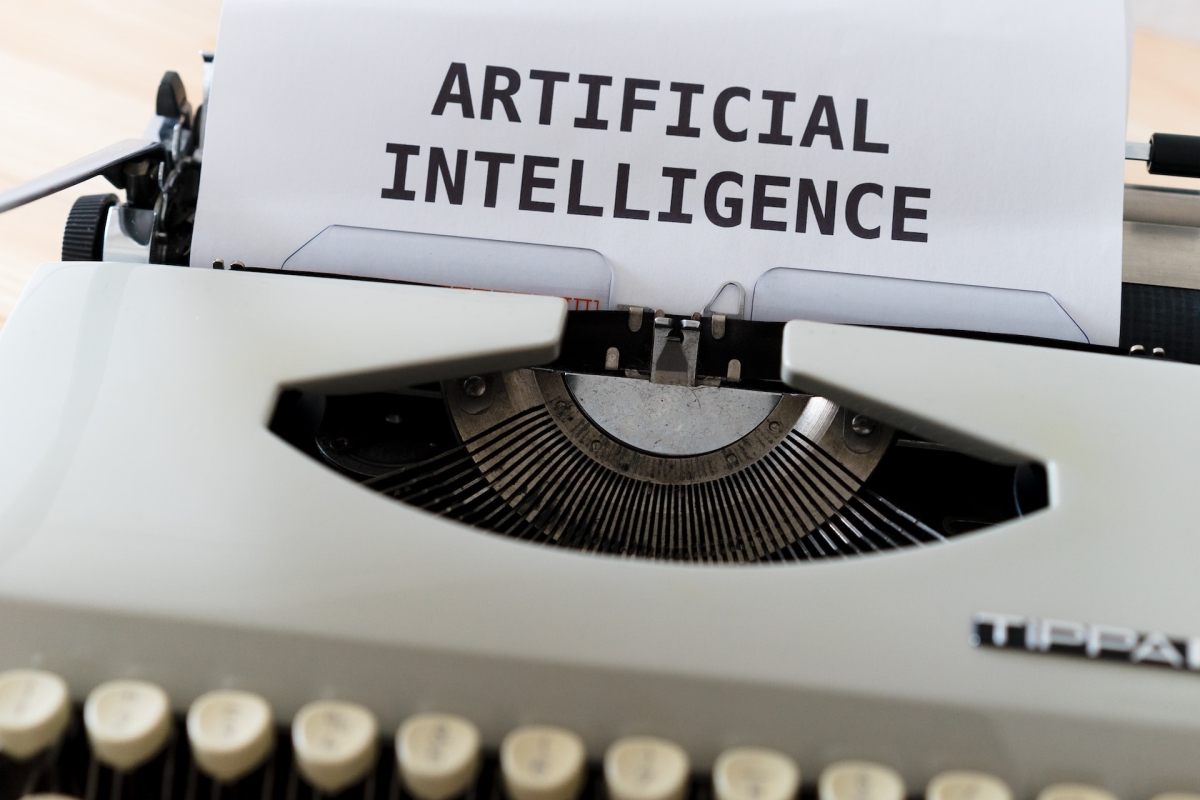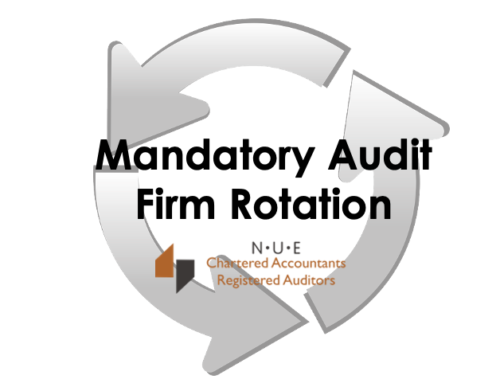The accounting profession has undergone significant changes over the years, and technology has played a significant role in this transformation. With the advancement of technology, the accounting industry has seen many innovations, including the implementation of artificial intelligence (AI) and machine learning (ML) in auditing services. This article will discuss the impact of AI and ML on auditing services, the benefits, and potential risks.
The Impact of AI and ML on Auditing Services
Artificial intelligence and machine learning have revolutionised auditing services. Auditors can now use technology to analyse vast amounts of financial data and identify patterns, anomalies, and potential risks. By utilising AI and ML, auditors can improve the accuracy of their work, reduce the time and resources required to complete audits, and increase the effectiveness of their audits.
-
Improved Accuracy
One of the most significant benefits of AI and ML in auditing services is the ability to improve the accuracy of audits. Traditional auditing methods rely on manual processes, which can be time-consuming and prone to human error. With the implementation of AI and ML, auditors can automate many of the manual processes, reducing the risk of human error. AI and ML can also analyse financial data with greater accuracy, identifying patterns and anomalies that may have been missed using traditional auditing methods.
-
Reduced Time and Resources
AI and ML can also help auditors reduce the time and resources required to complete audits. With the automation of manual processes, auditors can focus on more complex tasks, such as analysing financial data and identifying potential risks. This can reduce the time required to complete an audit, allowing auditors to complete more audits in less time. Additionally, AI and ML can reduce the resources required to complete audits, which can lead to cost savings for audit firms and their clients.
-
Increased Effectiveness
Finally, AI and ML can increase the effectiveness of audits. By analysing vast amounts of financial data, AI and ML can identify patterns and anomalies that may indicate potential risks. This can help auditors identify areas where they need to focus their attention, improving the overall effectiveness of the audit. Additionally, AI and ML can provide auditors with insights and recommendations that can help clients improve their financial operations and reduce the risk of future issues.
-
Potential Risks
While AI and ML can provide significant benefits to auditing services, there are also potential risks that need to be considered. One of the main risks is the potential for bias in AI and ML algorithms. If the algorithms used in auditing services are biased, they could produce inaccurate results, leading to incorrect conclusions and recommendations.
Another risk is the potential for data breaches. Auditors are responsible for handling sensitive financial data, and the use of AI and ML could increase the risk of data breaches. It is essential to ensure that appropriate security measures are in place to protect financial data.
Finally, there is a risk that the use of AI and ML could lead to the replacement of human auditors. While automation can reduce the time and resources required to complete audits, it is essential to recognise the value of human auditors’ expertise and experience.
In conclusion, the implementation of AI and ML in auditing services has the potential to revolutionize the accounting industry. By improving the accuracy of audits, reducing the time and resources required to complete audits, and increasing the effectiveness of audits, AI and ML can provide significant benefits to audit firms and their clients. However, it is essential to consider the potential risks, including bias in algorithms, data breaches, and the replacement of human auditors. By taking appropriate measures to address these risks, auditors can harness the power of AI and ML to provide better services to their clients.




